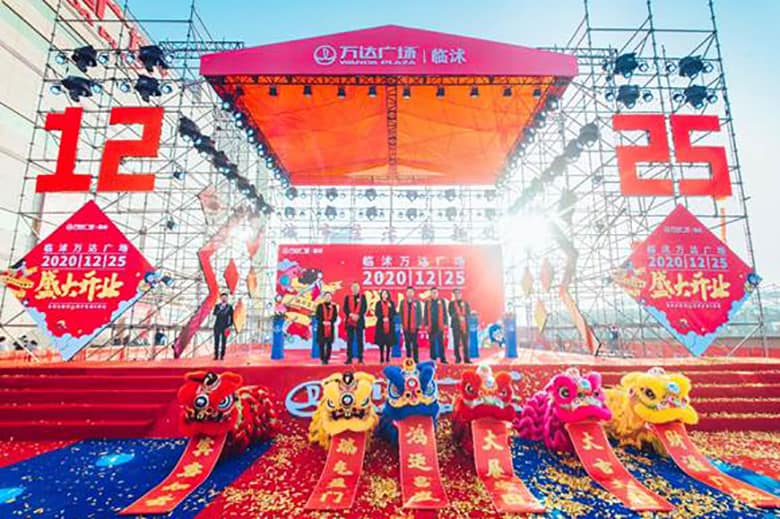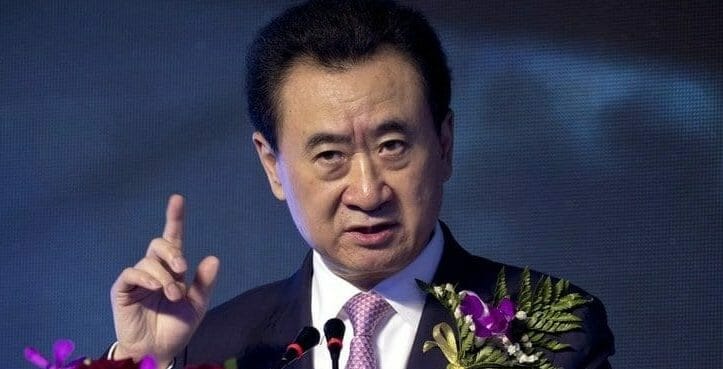
Wanda is not giving up hopes for a return to the HKEX
The shopping centre unit of Chinese conglomerate Dalian Wanda Group Co. on Friday renewed its application for a Hong Kong initial public offering by submitting a new prospectus.
Zhuhai Wanda Commercial Management Group (Wanda Commercial), had originally applied for what analysts predicted could have been a $3 billion IPO in October. However, people familiar with the matter told Bloomberg in March that the real estate conglomerate had delayed the listing due to market volatility and challenges in the sector that had damped the firm’s IPO prospects.
If an IPO eventuates, it will mark the return of billionaire Wang Jianlian’s mall business to the Hong Kong exchange after an ill-fated $4.4 billion exit 2016 in hopes of gaining a more lucrative listing on a mainland Chinese exchange.
Wanda formally withdrew its application for a listing on China’s A-share market last year, vowing at the time to pursue other opportunities for an IPO.
Management Contracts Boost Revenue
The new document, which replaces an earlier prospectus that expired earlier last week, showed that Wanda Commercial recorded a net profit of RMB 2.86 billion ($436 million) in the second half of 2021, more than quadrupling the figure for the first half. Revenues for the period rose about 21 percent compared with the first half to RMB 12.84 billion.

Wang Jianlin his group’s malls paying fees to the commercial management unit
Some non-recurring losses including a RMB 1.36 billion loss on the sale of a subsidiary had resulted in a low base of net profit in the first half, said China’s Securities Daily.
The improved bottom line also follows Wanda Commercial’s implementation of a new operational model last May under which it charges malls owned by Wanda Group for operational management services, which has significantly boosted the company’s profit.
After being established as an internal management unit in 2002, Wanda has expanded the role of its commercial management unit as retail real estate development falls out of favour with investors and the company’s traditional strata-sales model fades.
In 2015 Wanda Commercial expanded its business to manage malls owned by independent third parties with Wang Jianlin declaring that his property group would cease to be a developer and pursue an asset-light model. Wanda Commercial now claims to be the world’s largest mall operation company by gross floor area under management.
As of the end of December, Wanda Commercial operates 417 Wanda Plaza malls in mainland China – including 285 owned by the parent group and 132 more held by independent third parties – with gross floor area under management of 59 million square metres (635.1 million square feet) and 161 projects in the pipeline.
For the full year of 2021, Wanda Commercial’s net profit more than tripled year-over-year to RMB 3.51 billion on revenues that rose 37 percent to RMB 23.48 billion.
The cornerstone investors in Wanda Commercial include Hong Kong private equity shop PAG, developer Country Garden, investment firm CITIC Capital and tech giants Tencent and Ant, according to the firm’s application.
Building Back Lighter
During this year Wang has taken care to burnish Wanda Commercial’s status as an investment manager, with local news reports this month indicating that Wanda Group has signed agreements to manage the SOLANA shopping park and the Wukesong Zhuozhan shopping center in Beijing.
From May 1, the SOLANA shopping park will be handed over to be managed to Wanda for the next 20 years. The Wukesong Zhuozhan shopping center will be renamed Wukesong Wanda Plaza.
Also this month, Wanda Group won a RMB 700 million deal to manage projects by Central China Real Estate Limited for the next ten years.
In March, Wanda Group signed a strategic cooperation agreement with Xinyuan Real Estate under which the two will collaborate in business and asset management, industrial real estate, and research and development.
With Wanda Commercial increasingly developing and managing assets on behalf of third party investors, China’s largest commercial developer has avoided some of the debt pressure which has plagued builders like China Evergrande.
Wanda Commercial’s debt pressure eased in the second half, as its asset-liability ratio decreased to 70.9 percent in December from 80.4 percent in June, according to the firm’s prospectus. As of the end of 2021, Wanda Commercial had cash and cash equivalents of RMB 18.9 billion yuan.
Leave a Reply